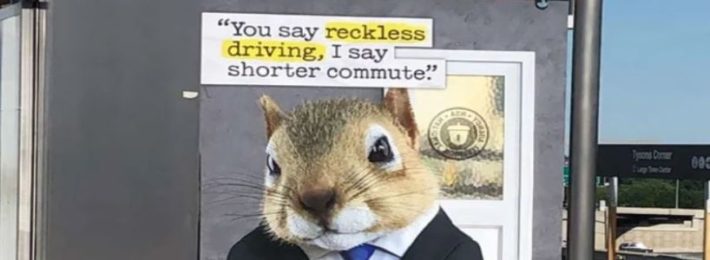Is Reckless Driving Cause to Deny a Security Clearance?

Under most State laws reckless driving is defined as a major moving violation that generally consists of driving a vehicle with willful or wanton disregard for the safety of persons or property. It is considered a more serious offense than careless driving, improper driving, or driving without due care and is punishable by fines, jail time or suspension or revocation of a driver’s license. Can this type of charge impact eligibility for a security clearance?
Under National Security Adjudicative Guidelines, a reckless driving charge would be evaluated under Guideline E: Personal Conduct. The concern is high risk behavior due to impulsiveness, immaturity, or inability to control anger or emotions. Additionally, many times alcohol is involved where the prosecution and the defendant agree to a plea deal and downgrade the charge from driving under the influence to reckless driving. In these cases, Guideline G: Alcohol Consumption would also apply.
An adjudicator’s primary consideration when reviewing these issues is not whether the person was convicted of a specific type of offense, but rather is there reasonable belief the person’s behavior or conduct did occur. If there is a reckless driving charge, along with other traffic violations, a pattern of disregard for rules and regulations may emerge as a concern. Translate that into a concern of not following the rules for safeguarding classified information and now there are doubts about reliability and judgement. One reckless driving charge by itself will not result in a clearance denial, but when someone has a pattern of high risk behavior behind the wheel resulting in multiple citations it may result in an unfavorable action.



Start the discussion